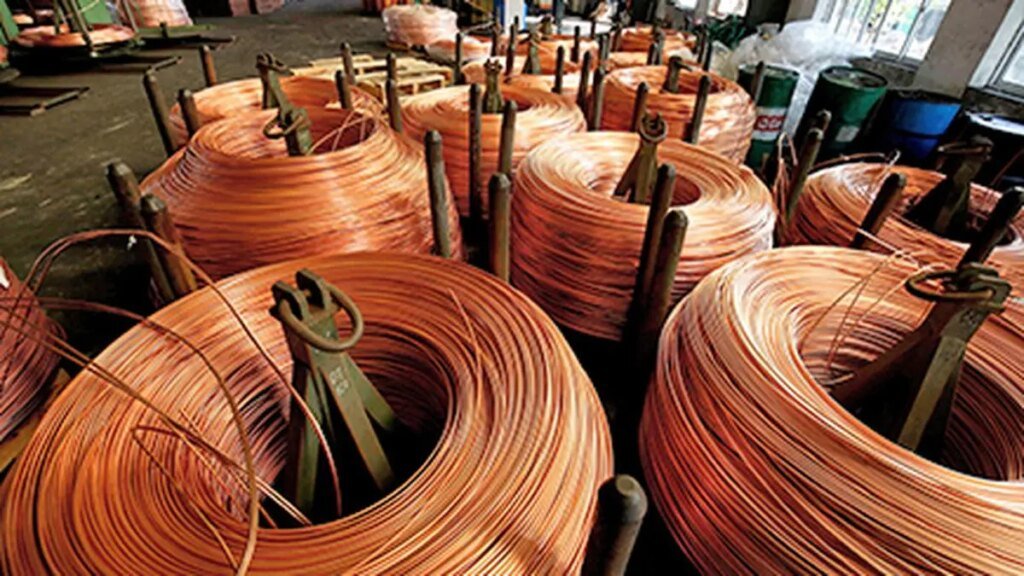SBI and Private Banks Set to Benefit from Tax Exemption, ETCFO
Mumbai: State Bank of India (SBI) and a group of private banks selling their stake in Yes Bank to Japanese bank Sumitomo Mitsui Banking Corp (SMBC) are set to reap a tax bonanza in the September quarter. The ₹13,483-crore income from the stake sale will be exempt from capital gains tax.
With all regulatory approvals in place, SMBC will conclude the deal to buy 20% stake through a secondary market transaction in this quarter. The selling banks will book proceeds as “other income”. The Yes Bank Reconstruction Scheme, 2020 has a specific clause exempting banks that invested in the reconstruction from paying capital gains tax on profits from the sale of shares.
Yes Bank and SMBC did not respond to ET’s queries in this regard.
The ₹13,483-crore ($1.6 billion) deal for 20% stake in the private bank will mark the entry of Japan’s largest bank in India. SMBC, a wholly-owned subsidiary of Sumitomo Mitsui Financial Group (SMFG), also received the Reserve Bank of India’s approval to appoint two nominee directors to Yes Bank’s board.
SBI and seven private banks–HDFC Bank, ICICI Bank, Kotak Mahindra, Axis Bank, IDFC First Bank, Federal Bank and Bandhan Bank-have signed a definitive agreement to jointly sell 20% stake at ₹21.50 a share. These banks had subscribed to the shares at ₹10 each in 2020. Under the agreement, SBI will sell 13.19% of its 24% stake for ₹8,889 crore, while the remaining seven banks will sell 6.81% stake for ₹4,594 crore.
Without the exemption selling banks would have been liable to pay 12.5% as long-term capital gains tax. This clause was inserted in the Yes Bank reconstruction scheme to sweeten the deal for banks which were hesitant to participate in much-needed capital infusion to keep the bank afloat. “The investor bank and investors who have subscribed to the shares of the reconstructed bank under this Scheme shall not be liable to pay capital gains tax under the Income-tax Act, 1961 (43 of 1961) for any deemed profits or gains on account of such subscriptions,” the scheme stated.
The Yes Bank transaction comes as a respite for selling banks as most of them are likely to see some compression in net interest margins as they pass on the benefit of policy rate cut to borrowers. Treasury gains, too, are expected to moderate due to surge in bond yields on worries that fiscal deficit could widen due to lowering of goods and services tax (GST) slabs coupled with little hope of an immediate rate cut. SBI, which reported a ₹19,160 crore net profit for the first quarter of FY26, will gain the most.
SMBC has received the RBI’s approval to raise its stake in Yes Bank up to 24.99%. It may acquire the remaining 4.99% stake either from the private equity firms Advent and Carlyle or subscribe to the preferential shares to be issued by the private bank, said people in the know.
In addition, SMBC is in talks with Yes Bank to infuse ₹16,000 crore in the lender through a combination of debt (₹8,500 crore) and equity (₹7,500 crore), as reported by ET on August 29. The board of the bank has secured shareholders’ approval for the fundraising.
In August, the RBI approved SMBC’s application to raise its stake in the bank while in early September the Competition Commission of India gave its nod to the proposal.




